Choosing the best instrument for your child to learn
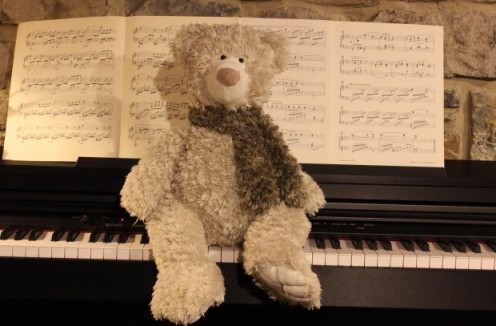
Your young ten-year-old may have begged you to let him take up electric guitar lessons. While you love his enthusiasm, a guitar may not be the right instrument for him.
He may toy around with it for a while, then lose interest in it. Of course, you do not want to lose his engagement or your investment.
You must have a million questions on your mind. How would you pick the right instrument for him? When is it the right time for him to start lessons?
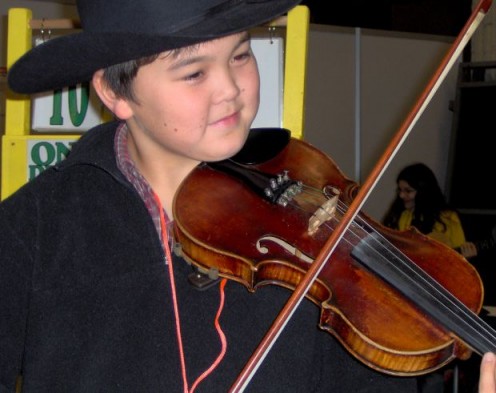
How music benefits children
Do you want to give your child the edge he deserves? Music does just that. It is a universal language for everyone to embrace and enjoy. Its benefits for children are boundless.
1. Music boosts cognition
Music increases a child's brain power. According to countless studies, there is a link between music and academic achievement. Music specialist Meredith Levande of MonkeyMonkeyMusic.com verifies this. She states that it stimulates reading, emotional development, and math.
It also improves a child's memory. Music develops different areas of the brain. According to Miami Symphony Orchestra Maestro Eduardo Marturet, it boosts cognition.
2. It spurs social development
Music promotes a child's social development. A child learns valuable life skills. As a band member, he will realize how to nurture interpersonal relationships and empathy. Your child will understand the value of learning to work in harmony with others.
3. It raises confidence
Music allows a child to develop a skill on his own. It gives his confidence a leg up as he becomes better at it.
4. Learning music produces patience
Music teaches children how to cope with waiting. They will become indoctrinated into the school of hard knocks. Children discover that there is no way to learn a skill overnight.
5. It helps them to connect
Music gives a child direction and purpose. It is a way for them to unwind and relieve themselves, at least for a while, from life's worries. It is a better outlet for frustration than excessive eating or anger.
6. It instills discipline
Learning to play an instrument will show a child the need to set routines and targets. He will learn that an hour of practice a day gets him to where he wants to go.
7. Music helps children to express themselves.
Music is a form of self-expression. A child finds ways to bring out his personality as he plays the piano.
8. Music lessons boost creativity
Strumming a guitar brings out your young one's creative bent. He will learn different ways to enliven it.
9. Learning is constant.
There are countless ways to play an instrument. Your child will relish discovering new techniques, daily, as he fiddles with the violin.
When to start music lessons
Parents get excited when they find out that their children have musical inclinations. They become eager beavers when their kids start on their musical journeys.
When a child can begin lessons depends on whether he has the motivation to start them. It is a gargantuan task getting kids who hate doing so learn an instrument.
Then, there is the fun factor. Educational psychologists all suggest that learning takes place when people enjoy the process.
Music lessons can start anytime, as long as the child shows interest in them.
Which instrument do you think is suitable for your child?
Preparing your child for music lessons
Now that you have piqued your young one's interest in music, it is time to ignite it.
1. Buy an instrument
The step, of course, is to buy an instrument. It is wiser to invest in a second-hand tool that your child can make mistakes on.
2. Put it a part of the house that is not lonely, but does not have distractions.
Put it where you can see him practice, but where he will not give in to phone calls from friends.
3. Keep the instrument tuned
Tune your music apparatus often. Hearing a novice playing does grate on the ears.
4. Have it in the house for a while before your child begins lessons.
Allow your child to get used to his new toy. He will grow to love it if he can tinker with it first.
5. Encourage him to play with the instrument
Let your child make mistakes. Nothing puts a person off learning more than a sharp scolding.
6. Make sure that your child knows the alphabet
The musical scale is different from the alphabet. There is no H on a scale. Make sure that your child knows how to spot the differences between them.

Steps for picking the right instrument
You may become deaf from complaints if you choose the wrong tool for your child to learn. You know that you have done this if your child resists practice.
If you do not have the musical inclinations to select one, a few pointers will get you started.
1. Early start
Get your child engaged with music first. Clapping, singing and movement games will develop his aural, rhythmic and coordination skills.
2. Size
You may find your child's groans louder than the sounds of practice if his instrument is too big. Adult instruments are not meant for a child's fingers.
A small child may not be able to manage a baritone saxophone. The alto instrument may suit him better. It is wise to wait till he is older before he tries his hand at the tuba, bassoon or cello, which are bulky. Children of about age ten should be able to manage brass devices.
3. Dental checks
Your child needs to have a good set of teeth before playing brass or woodwind instruments. If your child wears braces, he should wait until after his dentist gives him the go ahead to remove them.
The device you pick will decide whether your child's musical path will be a smooth or rocky one. But bear these pointers in mind, and you will not make the wrong choice.

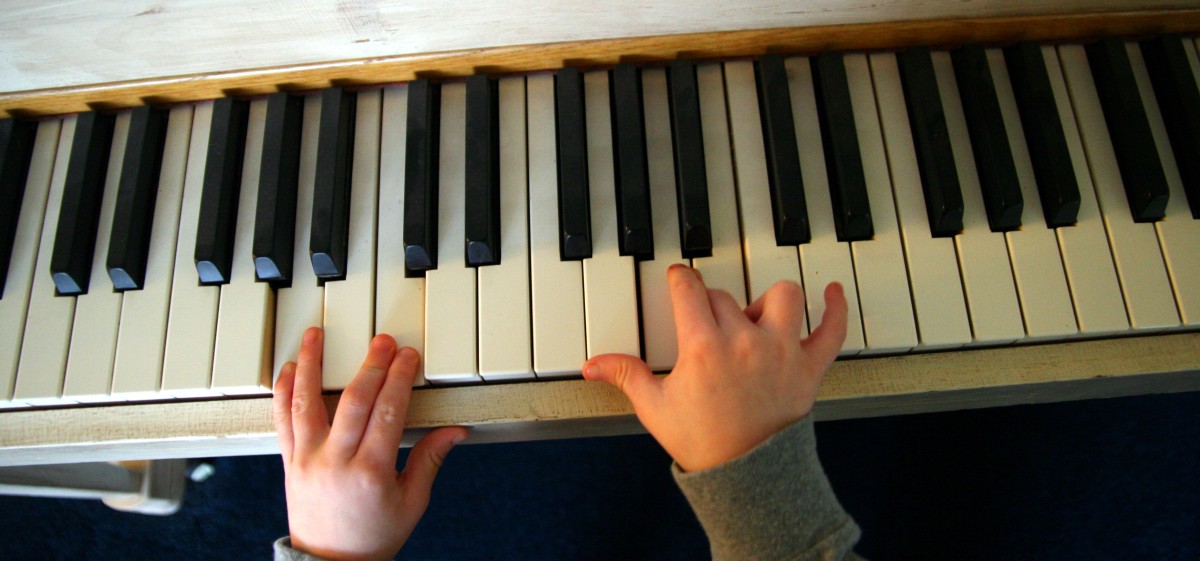
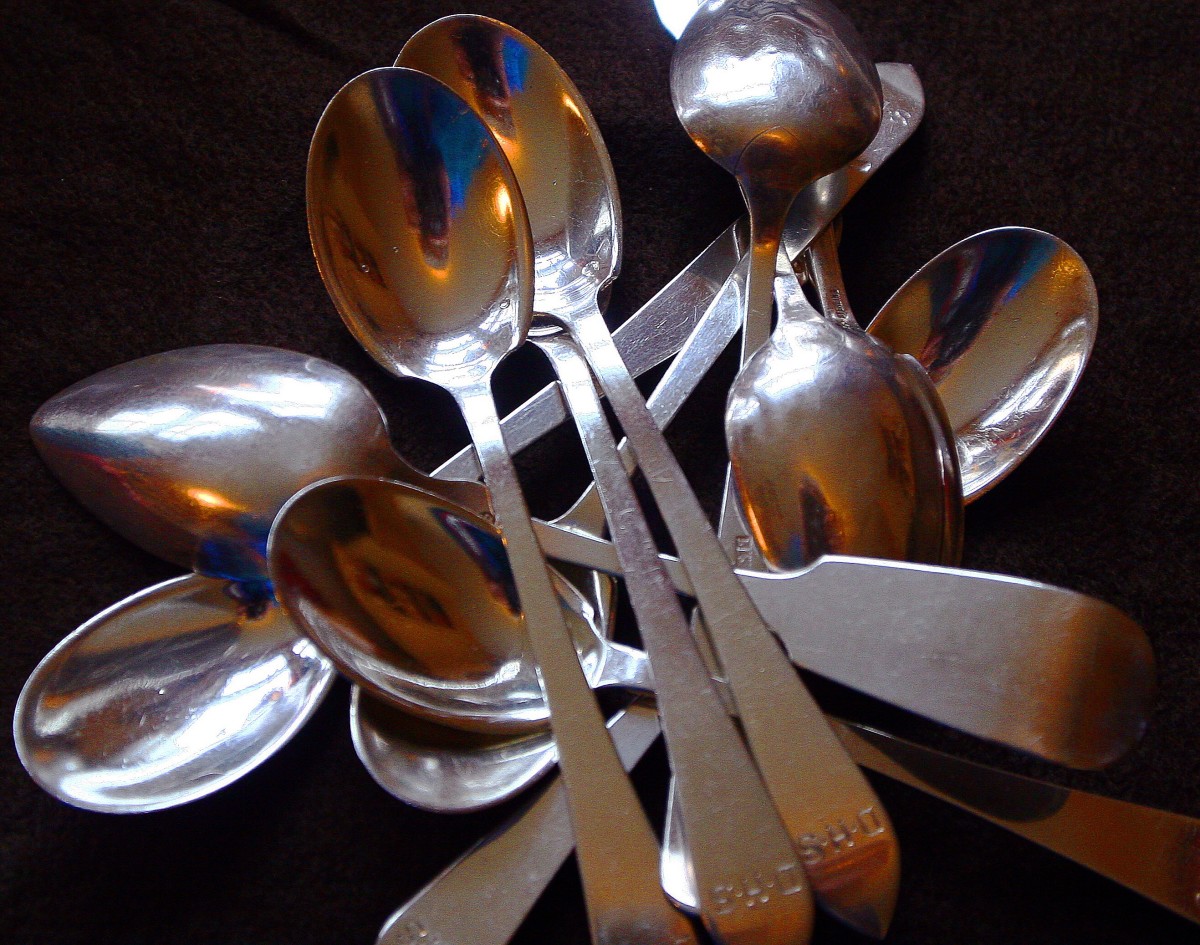
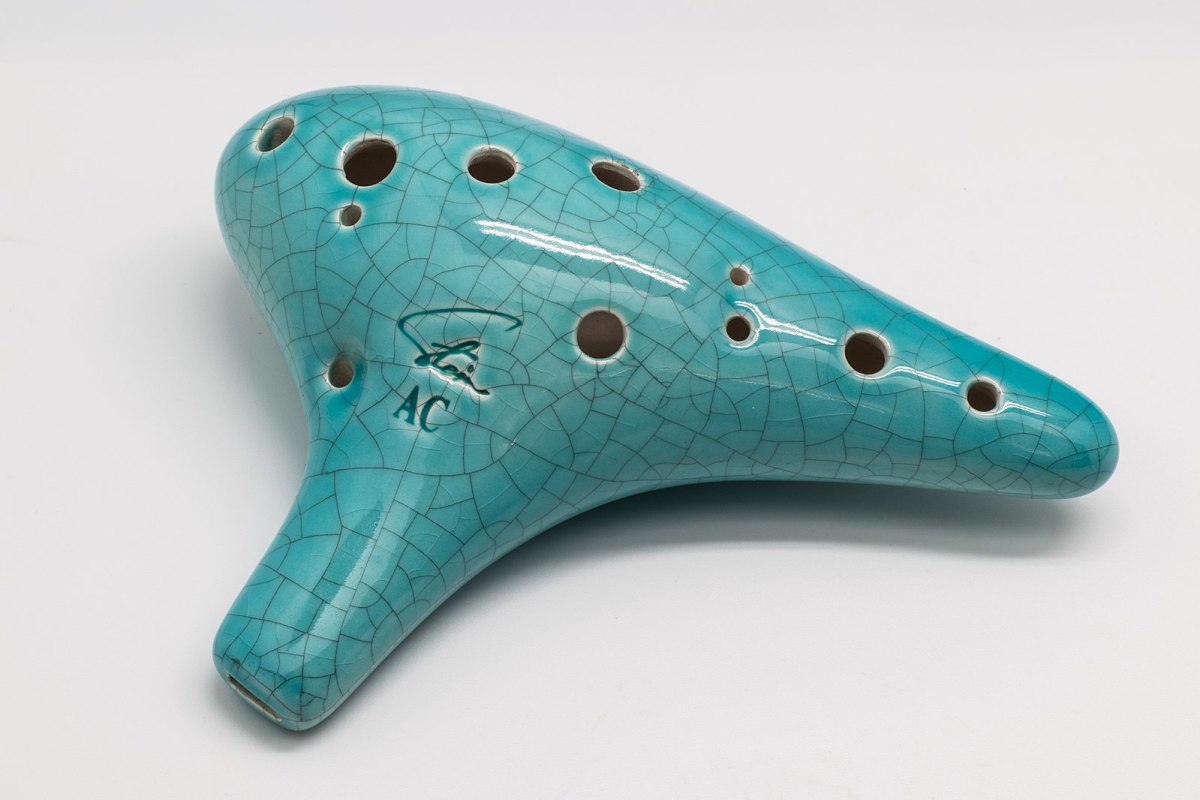
![5 Reasons Why Music is Important in any Society [Updated 2020] 5 Reasons Why Music is Important in any Society [Updated 2020]](https://images.saymedia-content.com/.image/t_share/MjA0NjIzNTE4NDE4MTUxMzUz/why-is-music-important.png)



